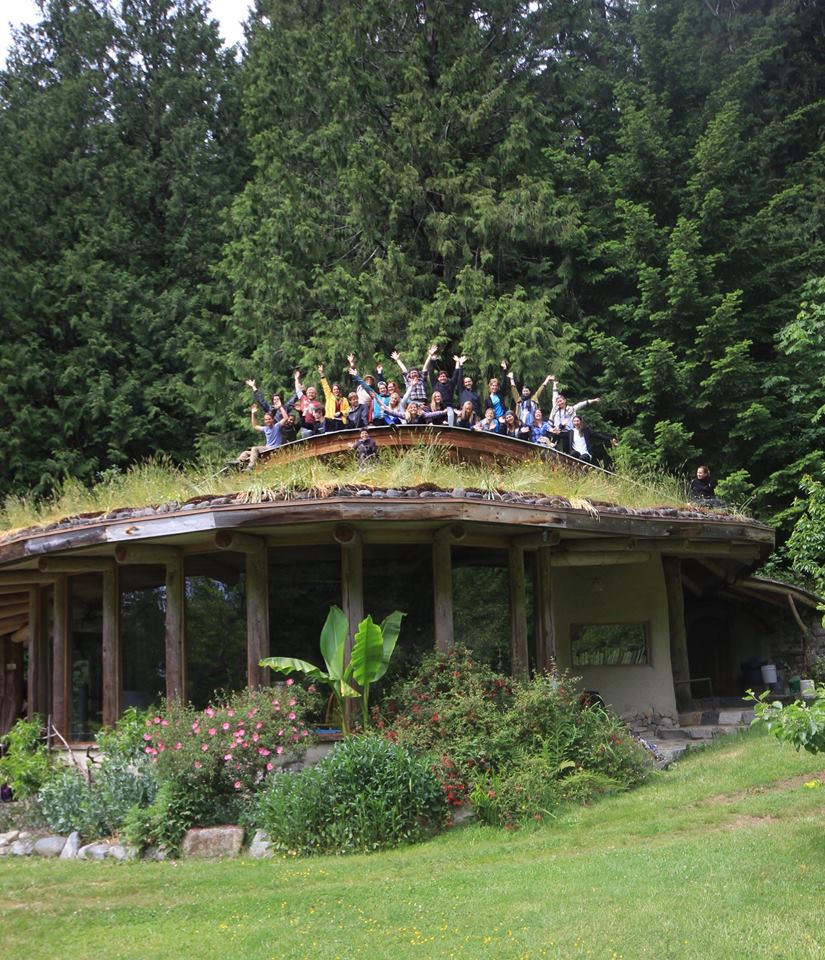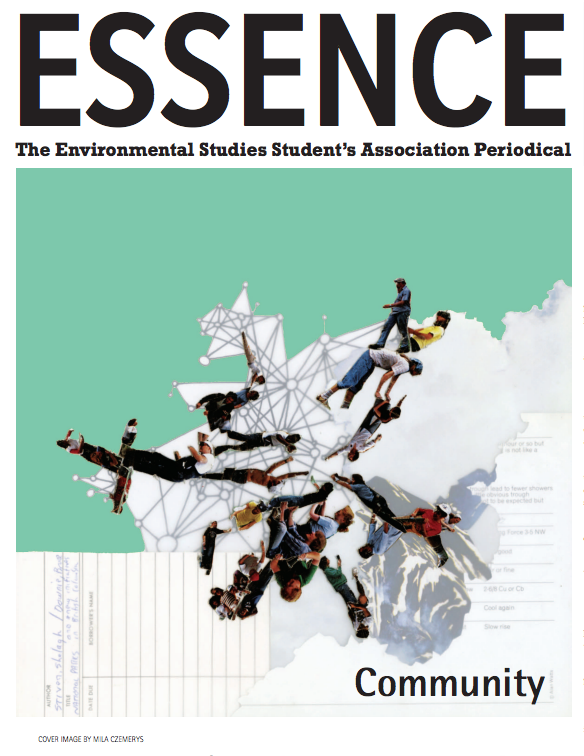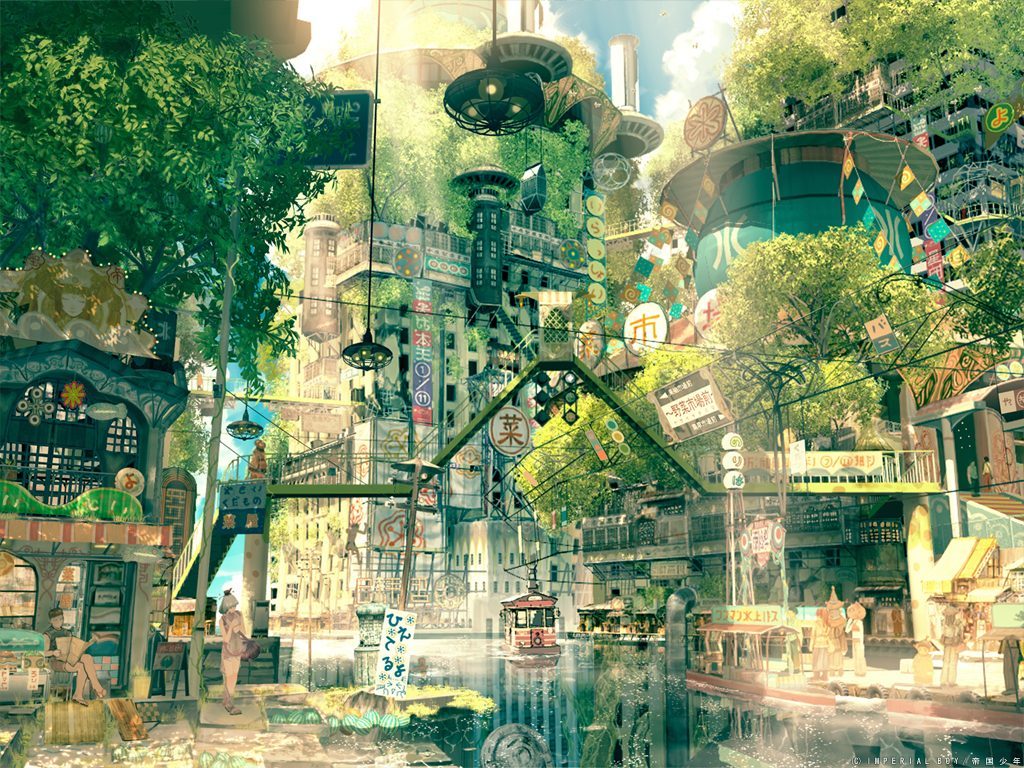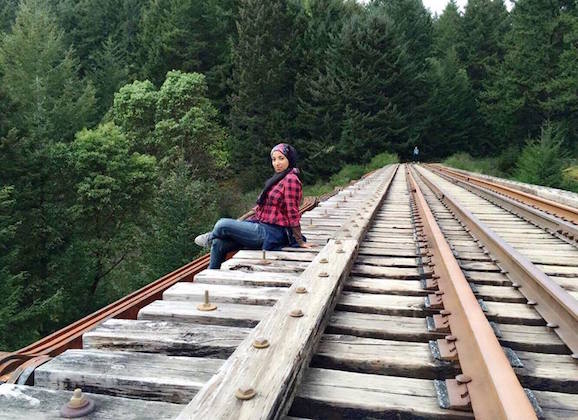5 Reasons You Should Take Environmental Studies
1. Get a double major or minor alongside your degree program
 Already signed up for a major at UVic? Perfect!
Already signed up for a major at UVic? Perfect!
The School of Environmental Studies is set up to encourage interdisciplinary students – you need another major to take concurrently with a major or minor program from Environmental Studies.
Not only will you get to choose from a huge list of amazing classes, but you will seem super smart when you tell everyone you are doing a double major program.
I’m doing a major in microbiology along with a major in environmental studies. I will be graduating with a BSc Double Major in Microbiology and Environmental Studies.
I love this degree program – taking environmental studies infused my microbiology classes with a big-picture mindset. I personally enjoyed taking a social science major alongside my science degree – I got to work on a range of skills (ie. community building and systems theory), think about the sociopolitical impacts of scientifically-rooted topics, and work with students from nearly every faculty!
2. Community vibes alongside world-class learning

Permaculture Design Class on top of a Cob Building – Cob buildings are made from non-toxic materials. This one has an incredible green roof and utilizes passive energy capture systems to reduce its environmental footprint.
From field schools, seminar classes, week-long intensives and international travel opportunities, the School of Environmental Studies offers an incredible range of topics with very small class sizes.
You get a chance to get to know your professor, participate in class discussions (without the stress of hundreds of students looking at you!) while getting hands-on skills and working with inspiring, world-renowned faculty.
By the time you are in upper-level courses you may be in classes with as few as 12 other students, and taking subjects you choose from dozens of options each semester.
One of the favourite classes I have ever taken was a two part ‘Introduction to Permaculture Design’ class; one part semester-long lecture where we learned Permaculture Principles and developed a permaculture-influenced restoration plan for a local park, and one part field school where we lived on Cortez Island for a week and participated in Permaculture Design workshops at the beautiful homestead, Linnaea Farms.
In addition to course credits, we all received a 72-hour Permaculture Design Certificate. This was one of the most transformational courses I have ever experienced at university. Check out the Facebook page to learn a bit more about permaculture and what students are working on now!
3. Choose your own focus
 The School of Environmental Studies program is focused on three pillars: ‘Ethnoecology, Political Ecology, and Environmental Restoration’.
The School of Environmental Studies program is focused on three pillars: ‘Ethnoecology, Political Ecology, and Environmental Restoration’.
You can take at minimum one introductory course for each subject, then can choose courses from within these pillars in upper level courses to graduate with a focus.
Depending on your other major, you can choose a pillar that complements your degree, or one that offers a different type of learning entirely.
I ended up taking a variety of classes and loved… all of them.
Environmental Restoration teaches an applied approach to ecosystem management and revitalization – I knew this would complement my degree in microbiology, and I appreciated that we learned how to develop restoration plans for degraded ecosystems. Powerful knowledge!
Political Ecology – this pillar will blow. your. mind. Using historical readings, critical thinking, and current case studies, you will learn about how and why our culture took pivotal turns towards an unsustainable culture.
Ethnoecology – this course cements a deep respect for Indigenous Nations, and begins to teach students how to incorporate new perspectives of life and purpose into our individual lives. It was through a 4th year ethnoecology class term paper, which compared modern land management to traditional systems of land management, focusing on the microbiome, that I began my own research project as an ‘Independent Study’.
4. Awesome clubs and student society

ESSENCE – the School of Environmental Studies student publication. This cover image is by Mila Czemerys.
There are some amazing student initiatives which have arisen from the School of Environmental Studies, including the Environmental Studies Student Society (ESSA), Essence, the student society zine, Community Cabbage, a club that gives students free meals with food saved from dumpsters, the UVic Community Garden, an off-campus garden where you can grow your own food for a small monthly rental fee, and so much more!
I particularly was drawn to the practice of personal transformation to create cultural change. To improve this introspection and experience nature, a Sacred Ecology group meets and practices the work of Joanna Macy, esteemed buddhist scholar, to talk about our personal response to the ecological crisis of our times.
5. Opportunity to learn and face some of the biggest challenges we face in modern times
 Climate change, species extinction, pollution, over-population, unsustainable technology, ecological degradation, starvation, disease, apathy.
Climate change, species extinction, pollution, over-population, unsustainable technology, ecological degradation, starvation, disease, apathy.
These are potentially catastrophic challenges that we face as a society. These problems can feel way too huge for one person to have any impact, which is why joining the School of Environmental Studies can be so empowering.
You can have an impact, and everyone here works together to help understand and solve these incredibly critical problems.
Learn to be part of the change by taking environmental studies. It will open your eyes, light your fire, and then kick your a**.
We need empowered, active, passionate individuals with backgrounds in every discipline, from engineering to education to political science to business to physics to arts, to work together to solve these incredible complex issues.
One way I used my degrees together was developing a biodegradable glow stick made from completely non-toxic and biodegradable biomaterials, and a cell-free bioluminescent system to create the glow.
There are over 500 million glow sticks used every year, and the current plastic versions are incredibly toxic, especially when left as litter. Over time the reactants create incredibly dangerous compounds shown to be genotoxic in concentrations as little as 1/30,000! This is one problem there is now a solution for!
We cannot solve these problems alone – the school of environmental studies taught me, along with the skills, the power of working together. Taking environmental studies transformed me from feeling overwhelmed by the challenges we face to feeling empowered. Let’s create some solutions.
Find out more by visiting the School of Environmental Studies website and signing up for ES 200: Introduction to Environmental Studies
P.S. It’s not just me! transperensea from Reddit has this to say about taking Environmental Studies courses: “I’ve found them to be more engaging and holistic, giving you a better sense of where the class information actually fits inside the rest of the world. And IMO they’re easier than bio classes as well.”





I am not socialist or communist. Capitalism is not a perfect system but you can open up a company and make it yours. with other 2 you cannot. No, socialism and communism are what the government dictates to you personally I do not like that.
Hi Jodi! Yes you are right, we have many freedoms that people living in socialist or communist states do not. That is a great thing about living in a democracy – we are much freer to make our own choices. That’s why we’re able to even have subjects like environmental studies! We learn about the ways our current capitalist economic system fails us, as well as the many ways we can make our system better (like starting a company that does great things!). You definitely don’t have to be a socialist or communist to care about things like pollution, inequality, and climate change 🙂